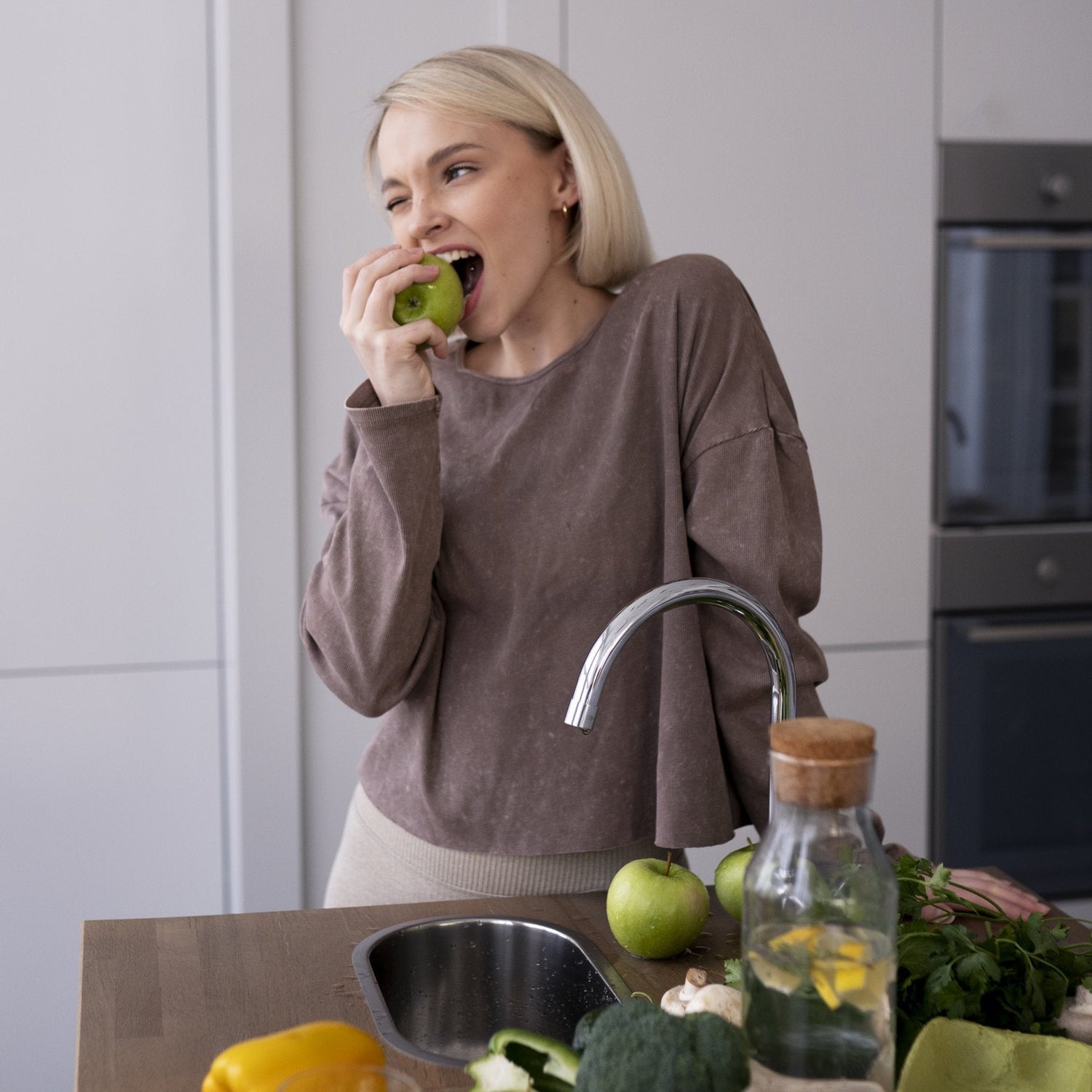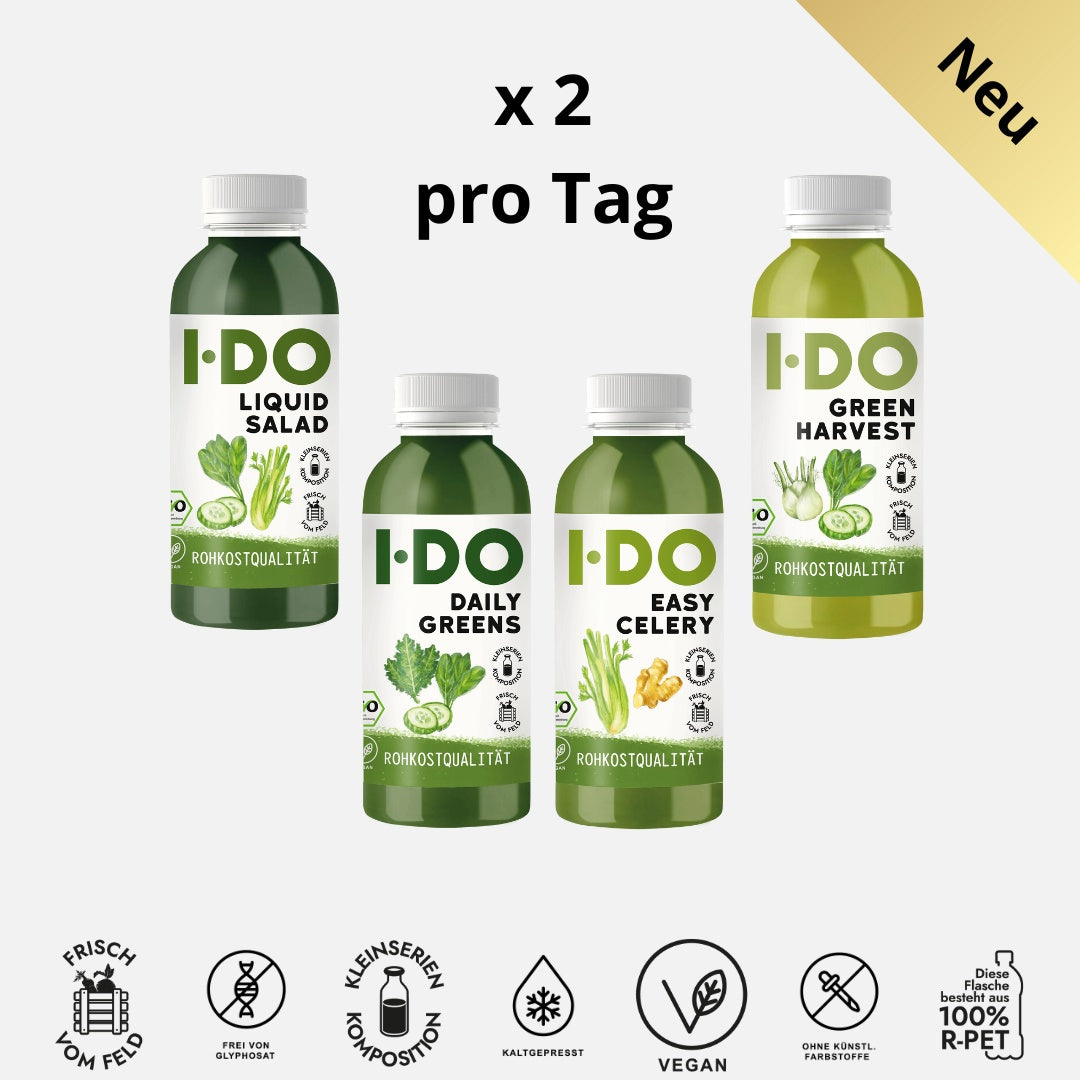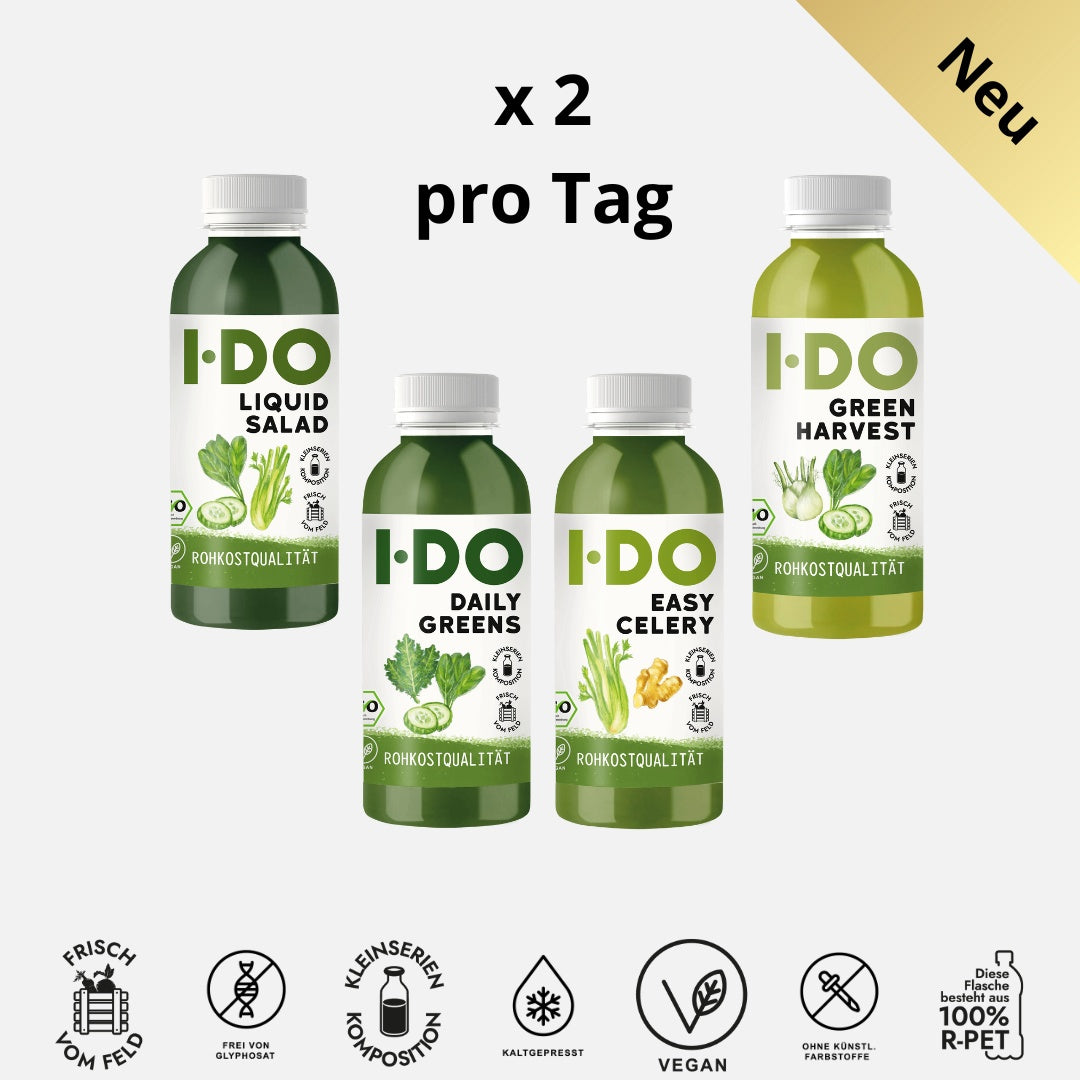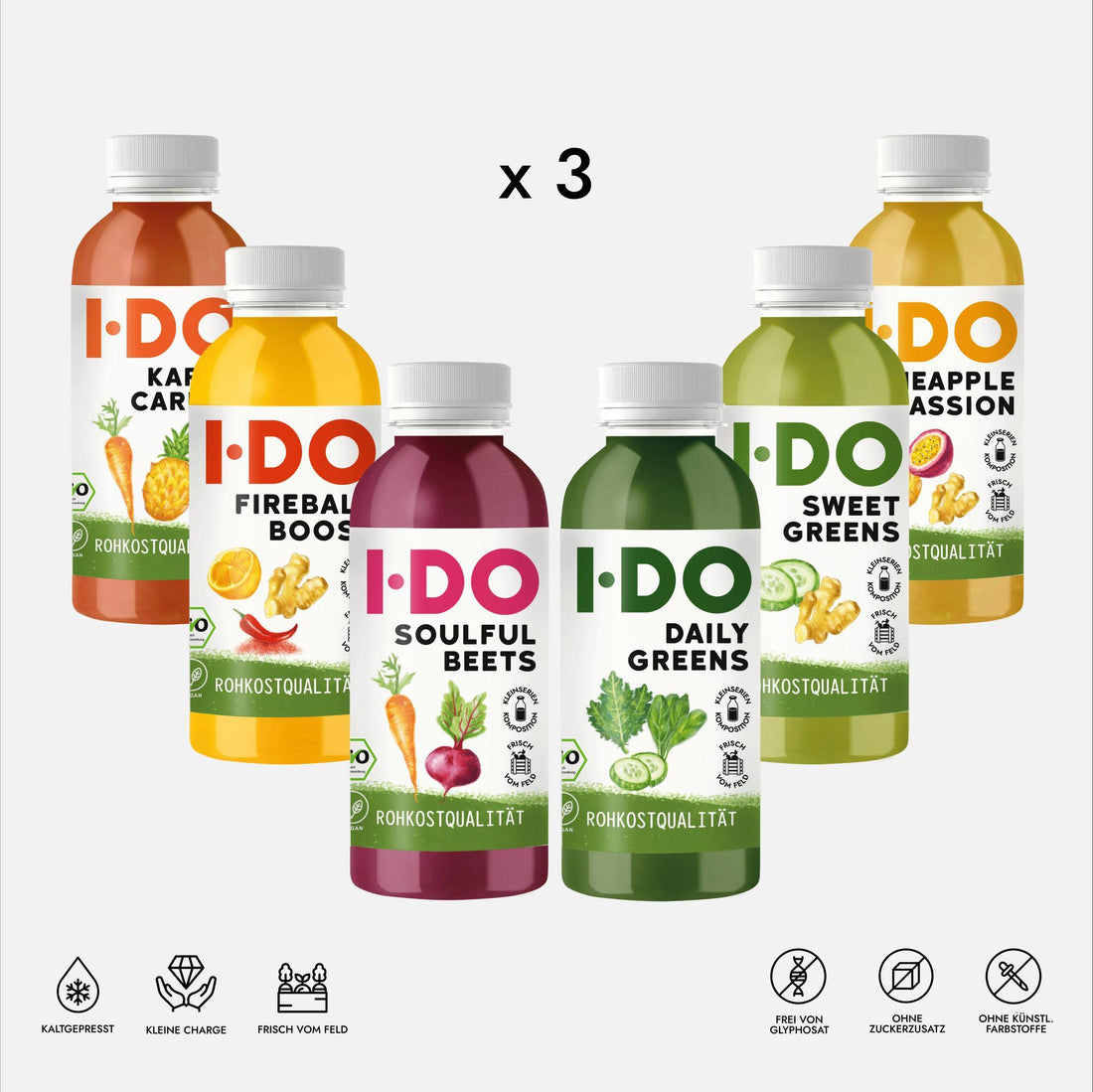Those who opt for conventionally grown food consume significantly more pesticides than those who choose certified organic fruits and vegetables. This raises many questions: What are pesticides and where are they used? How dangerous are pesticides for humans? Are organic foods really better? Are they actually less contaminated with pesticides? Is it worth paying more for them? These are the questions that need to be answered, highlighting the difference between conventional and organic food.
What are pesticides and why are they used?
Pesticides are a term used to describe many different synthetic chemicals that are toxic to unwanted animals and plants. The term comes from the English word "pests" and is intended to kill them. Depending on whether they are used against weeds, insects, or fungi, they are also called herbicides, insecticides, or fungicides. These chemical agents are primarily used under the pretext of increasing crop yields.
Where are pesticides used?
Conventional agriculture uses chemical-synthetic pesticides. However, those involved in their production often refer to them as plant protection products. Regardless of what one calls these chemical contaminants, it's not surprising that pesticides are detectable in approximately 80% of conventionally grown fruits and vegetables. Organic farming, on the other hand, avoids pesticides. More precisely, all chemical-synthetic preparations are strictly prohibited.
Are pesticides dangerous?
That pesticides are harmful or even toxic is hardly surprising, since that's precisely their purpose. Nevertheless, some people still believe that while pesticides kill insects, they can't harm them in the first place. After all, if these substances were truly so dangerous, they wouldn't be allowed to be used, would they? This assumption, however, is far from the truth. Pesticides are chemical concoctions that are toxic not only to pests but also to nature and humans.
How do pesticides affect the body?
The toxicity of pesticides to humans varies greatly depending on the active ingredient. However, an increasing number of publications are appearing on the potential health risks, revealing how pesticides affect the human body. The slow and often delayed effects of pesticides are particularly dangerous for consumers. It has long been known that pesticides are carcinogenic, impair sperm quality, damage DNA, trigger allergies, disrupt cell division, and weaken the immune system. The mere thought of this is enough to make one feel dizzy and uneasy. And yet, we don't even know how the toxins interact with each other and their breakdown products. So, what can we do?
Are organic fruits and vegetables the solution?
It is now clear that pesticides enter the human body not only through food, but also through the skin and respiratory system. These chemicals have long since seeped into groundwater, making it virtually impossible to completely avoid them. However, there are ways to minimize personal pesticide exposure. One such way is to consume organic products, which are identified by various
organic labels.Organic food is labelled as such. It can drastically reduce daily exposure to pesticide residues, as no chemical-synthetic substances are permitted in organic farming. The comparison with conventionally grown fruit is particularly compelling. Studies have shown that conventionally grown kiwis have 3,000 times higher pesticide levels than organically grown kiwis. Now that's a powerful statement!
Conclusion
It should be clear to everyone by now that pesticides not only kill weeds and beetles but also have a significant impact on humans. Unfortunately, pesticides are now ubiquitous. But precisely for this reason, it's worthwhile to choose organic products, which practically never contain pesticides, or at most only unintentionally, in order to minimize direct exposure through food consumption. Anyone who wants to eat healthily should therefore opt for organically grown fruits and vegetables whenever possible, even if it means spending a little more. After all, it's our health we're talking about, and as we all know, that's not something you should skimp on.
It's even easier with I·DO's organic juices and
organic ginger shots – freshly pressed, purely organic, and without compromise. Whether as a revitalizing start to the day or as a natural energy boost.











